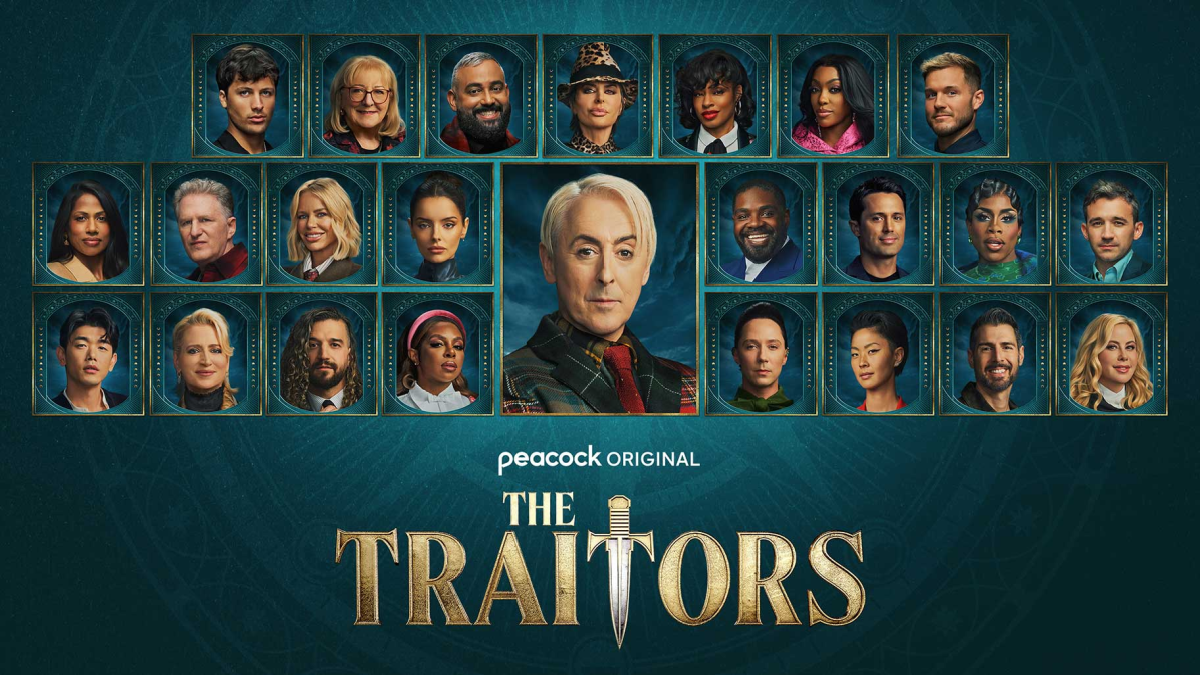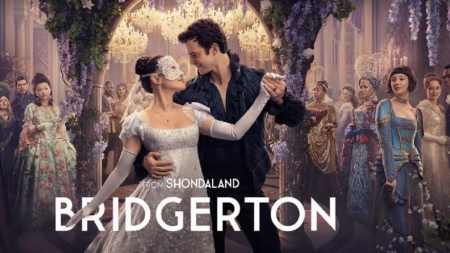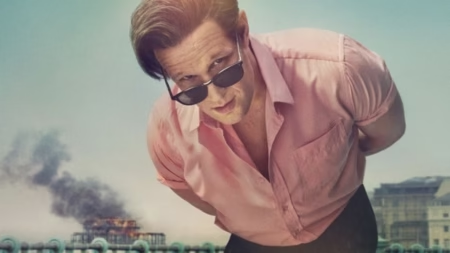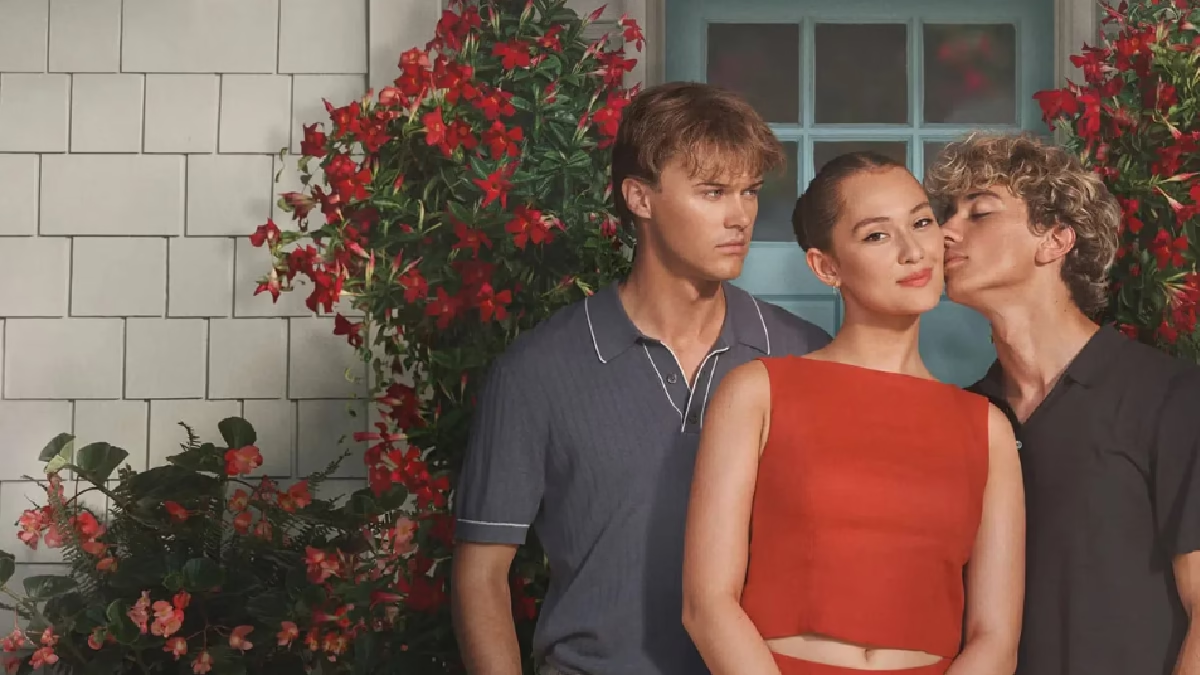
A sober perspective on Amazon Prime’s hit series and what it reveals about alcohol in young adult storytelling.
As a 46-year-old woman completely obsessed with a coming-of-age series about teenagers (hands up if you’re with me!), I’ve been captivated by Amazon Prime’s “The Summer I Turned Pretty” for reasons that go far beyond the gorgeous beach settings and swoon-worthy love triangles. With my own kids approaching this pivotal life stage, I find myself watching with both nostalgia and anticipation — how will all these firsts happen for our kids? How will it all play out?
The series handles many themes beautifully. In particular, it has mastered the art of anticipation — both in terms of the plot and character development, but also in a moment where we all expect a “quick fix,” even in our romantic story arcs. This instead slows you down, takes you back to when growing up was a lot of waiting and seeing, experimentation, and figuring out who you are by making mistakes.
We do want to take a beat though to look at its portrayal of teen drinking culture — is it still really the case? It certainly seemed very familiar to me, but maybe it is speaking more to a specific demographic in terms of socioeconomic status than representing the broader of what the statistics tell us: teens are not as interested in getting “wasted” any more. Not that that was the most important theme in the show, but I do want to highlight a few key moments.
The Pomegranate Margarita Incident: When First Times Go Wrong
Season One’s family party day-drinking scene perfectly captures that universal coming-of-age moment we’ve all witnessed or lived through. Belly’s first real drinking experience — too many pomegranate margaritas leading to boldly telling Conrad his wet hair looks romantic, literally tripping and falling, a broken heirloom cake stand and social humiliation — rings painfully true.
The show doesn’t glorify the mess she makes; there are real consequences and hurt feelings, and it is clear she is “out of line” which, frankly, is an important lesson — but not the only one. Could the show have gone past the “drinking is fine, just control your liquor” kind of approach to invite even one comment on the health impact on a young brain (like they touch on for marjuana with the white matter comment scenes — which interestingly are two of the most pivotal scenes in the whole series)?
Yet what struck me most was how quickly this incident becomes just the beginning of a phase where drinking and hangovers become normalized teenage currency. The characters start treating morning-after headaches as just “part of the deal” — a casual rite of passage rather than something one might want to avoid.
Which is probably still realistic, but the show could have left room for a character who didn’t want to drink. Be it for sport, for health, or for whatever reason. The statistics tell us that a very significant number of youth are choosing to experience these coming-of-age moments sober. Examples of these stats here, here and here.
This normalization is subtle but powerful. For young viewers, it reinforces the idea that messy drinking experiences are inevitable stepping stones to adulthood rather than optional choices that come with real risks. I think there was room in three seasons to have even one alternative voice against the drinking culture — even the parents played into normalization of wine at every meal and letting loose almost entirely with the use of substances. Dare I call out the elephant in the room of where we all know alcohol can lead us, with consistent consumption and the dramatic loss that these young boys have to navigate through? I digress. The dots were never connected.
The Cabo Excuse: “I Was Drunk” as a Get-Out-of-Consequence Card
Season Three opens with another alcohol-fueled plot point that many viewers will recognize: Jeremiah’’s infidelity (cue Ross screaming at Rachel, “We were on a breaaaaaaak!”) during his Cabo trip. The familiar refrain “I was wasted” emerges as both explanation and attempted absolution.
This storyline brilliantly illustrates two critical points about alcohol and decision-making. First, there’s the cultural expectation/acceptance that being drunk somehow diminishes the hurt and impact of our actions, as if alcohol magically erases accountability. This also normalizes using alcohol to numb out — it shows the reality that alcohol often becomes our go-to when we’re trying to avoid feeling difficult emotions.
Second, and maybe more importantly, because it isn’t touched on that our frontal cortex goes offline and cause-and-effect reasoning disappears, we make choices our sober selves would never consider. The show handles this complexity well to some degree, not letting Jeremiah completely off the hook with his excuse while acknowledging the role alcohol played in his poor judgment. His integrity is stained for sure, and hard conversations are had.
Paris, Wine Culture and Adult Expectations
Finally, at the end of Season Three, the show gave us that gorgeous Paris finale we’d all been waiting for. The city looks stunning (thankfully avoiding the “Emily in Paris” fantasy version), and watching Belly navigate her new life abroad with real Parisian characters felt authentic and earned.
But even in this beautiful conclusion, alcohol remains woven into the social fabric. The birthday party flows with wine — lots of it — realistically, as simply a core part of Parisian culture. Her ex-beau hands her a Kir Royale, while her new friends’ most important question to Conrad is, “Do you like wine?”
While this might not reflect every Parisian’s priorities (wine appreciation is often just assumed rather than questioned), it does highlight how drinking becomes a social prerequisite, even in sophisticated adult contexts. The message is clear: to truly belong, you need to participate in drinking culture.
Why We’re Still Talking About Teenage Stories in Our 40s
*I know I’m not the only one, wink, wink:
There’s something about these coming-of-age narratives that speaks to those of us watching our own children approach these crossroads. These “firsts” — first love, first heartbreak, first drunk experience — are mostly precious and unrepeatable moments that shape who we become.
But as someone committed to sober living, I find myself wishing that shows like “The Summer I Turned Pretty” could explore what those formative experiences might look like without alcohol as the assumed backdrop. To be fair, there were a lot of sober scenes to be sure, but I was hoping for even one bit of dialogue that reflects the stats a bit more.
The show does show most of the deepest connections, the honest hard conversations, and the biggest revelations happening while completely present and clear-headed — which is maybe why I loved it so much.
The Soundtrack of Growing Up (Sober or Not)
I’ll admit it: when they announced the movie adaptation, this 46-year-old was jumping up and down like a teenager. And yes, I immediately downloaded the playlist: 30-plus Taylor Swift songs mixed with incredible French music. Chef’s kiss, indeed.
Music, unlike alcohol, offers a natural high that enhances rather than impairs our ability to feel deeply and connect authentically. Maybe that’s why the soundtrack resonates so powerfully; it captures the emotional intensity of growing up without requiring us to numb any part of the experience.
A Different Kind of Summer
“The Summer I Turned Pretty” succeeds because it captures the beautiful complexity of growing up — the messy middle, but not too messy. For those of us choosing sobriety, it also serves as a reminder that some of life’s most precious moments — the ones that truly change us — happen when we’re fully present to experience them.
As we eagerly await the movie and continue swooning over Conrad and Jeremiah (which team are you on?!), perhaps we can also imagine what these coming-of-age stories might look like with a little less alcohol …
After all, the summer you turn pretty might just be the summer you decide to feel everything; the good, the bad, and the beautiful, exactly as it is. I wish I had felt like doing that all sober was a clear option.
—–
*What are your thoughts on how coming-of-age stories handle drinking culture? Share your perspective in the comments below, and don’t forget to follow us for more sober takes on pop culture.
The Mindful Binge Sobees Score: 3.5 out of 5

The Summer I Turned Pretty Season 1 Trailer | Rotten Tomatoes TV
The Summer I Turned Pretty Season 2 – Official Trailer | Prime Video
The Summer I Turned Pretty Season 3 – Official Trailer | Prime Video
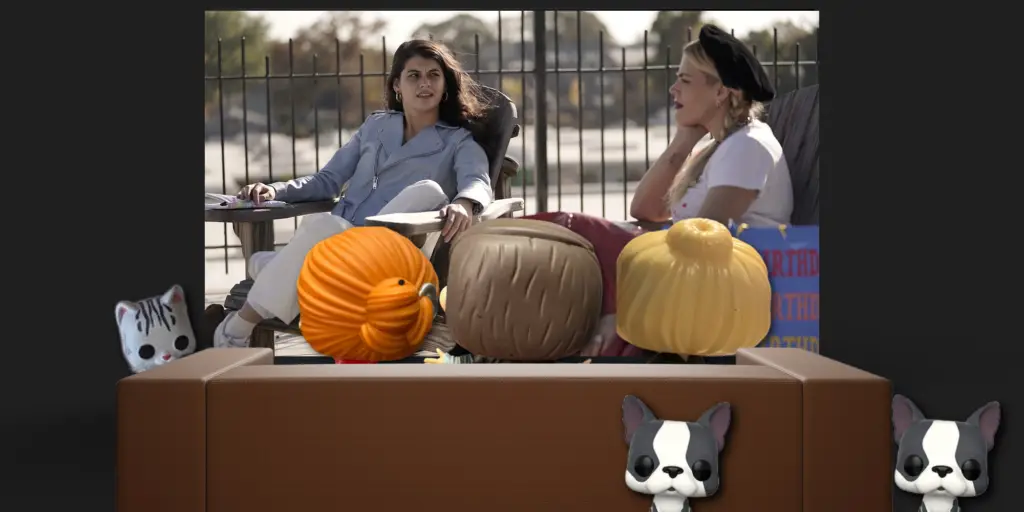
THE MINDFUL BINGE at The Sober Curator is where we binge-watch and chill—mindfully. In this TV series review section, we don’t just consume shows; we explore their stories, themes, and cultural impact through a sober lens. Using our signature Sobees Scoring System, we rate each pick to help you choose your next watch with intention.
Our digital shelves are neatly organized into Drama, Dramedy, and Reality, making it easy to find your perfect series for a night in.

THE MINDFUL BINGE: We Were Liars on Amazon Prime—A Review Through the Lens of Addiction

SOBER POP CULTURE at The Sober Curator is where mainstream trends meet the vibrant world of sobriety. We serve up a mix of movie, podcast, fashion, and book recommendations alongside alcohol-free cocktails, celebrity features, and pop culture buzz—all with a sober twist.
We’re here to shatter the “sobriety is boring” myth with a mash-up of 80s neon, 90s hip-hop edge, early 2000s bling, and today’s hottest trends. From celebrity shoutouts to red-carpet style inspo, this is where sober is as chic as it is fun. To the celebs using their platform for good—our Sober Pop Trucker hats are off to you!
Resources Are Available
If you or someone you know is experiencing difficulties surrounding alcoholism, addiction, or mental illness, please reach out and ask for help. People everywhere can and want to help; you just have to know where to look. And continue to look until you find what works for you. Click here for a list of regional and national resources.




